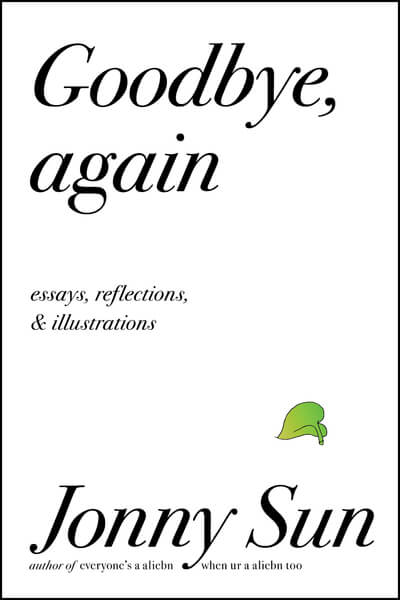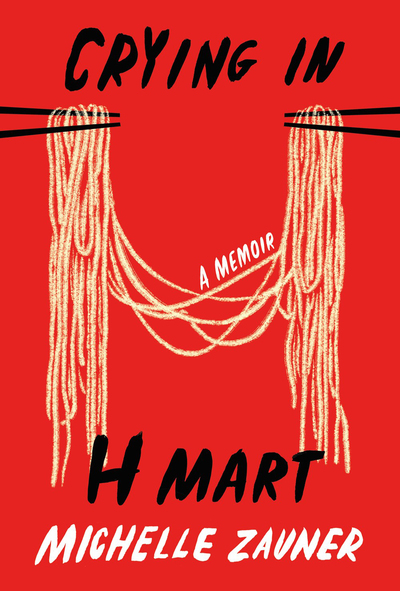Five hours after Abraham Lincoln’s assassination, his son Robert Todd Lincoln wired David Davis, one of the president’s closest friends and an associate justice of the Supreme Court, to come to Washington “to take charge of my father’s affairs.” At the same time, Lincoln’s two devoted secretaries, John Nicolay and John Hay, assembled the president’s papers, including Lincoln’s private notes to himself, called “fragments.” In Lincoln in Private: What His Most Personal Reflections Tell Us About Our Greatest President, Lincoln scholar Ronald C. White selects 12 of the 109 known fragments, places them in their historical context and analyzes their representations of the president’s life and thoughts.
Almost every fragment begins with a problem Lincoln was facing, and it’s fascinating to see how he grappled with each one. A few fragments may have been first drafts for speeches, but most are reflections that never reappeared elsewhere. Among the issues Lincoln examined are slavery, the birth of the Republican Party, God’s role in the Civil War and how to be a good lawyer.
Lincoln frequently tried to see things from his opponents’ points of view. In a fragment on slavery, Lincoln does this by giving three justifications for being pro-slavery. Then he shows the basic contradictions within each reason and demonstrates how race, intellect or interest could easily be turned around to make the enslaver the enslaved.
Lincoln wrestled with his decision to join the Republican Party. As a longtime Whig, he questioned the meaning, mission and challenges of the new party. To sort out his thoughts, his fragments reveal that he turned to the U.S. Constitution and the historical record, two sources he often used when analyzing a problem.
A fragment on the Civil War begins, “The will of God prevails.” Both the Union and the Confederacy claimed God was on their side, but that couldn’t be true. As Lincoln meditates on how God acts in history, he writes that “it is quite possible that God’s purpose is something different from the purpose of either party.”
These glimpses of Lincoln’s thinking offer us a fresh way to view him. White’s commentary is excellent, and anyone interested in Lincoln will want to read this book.


























